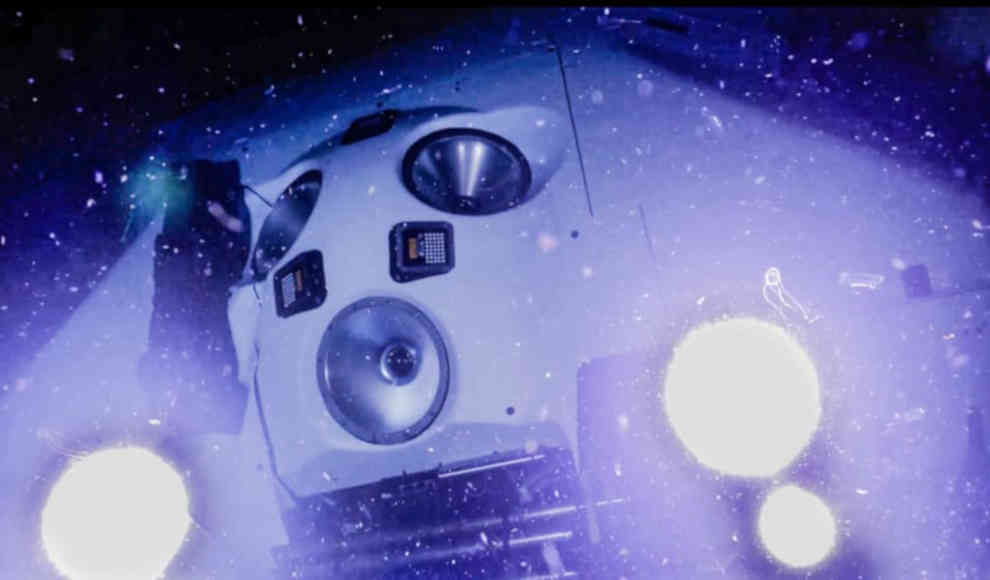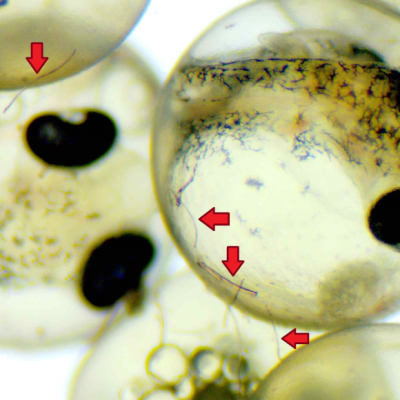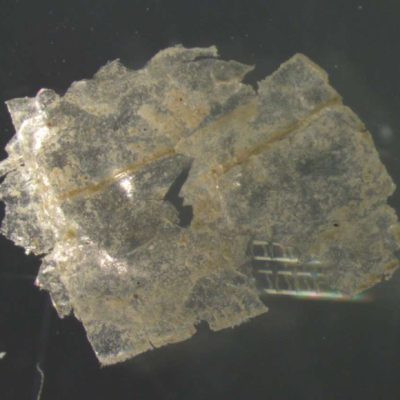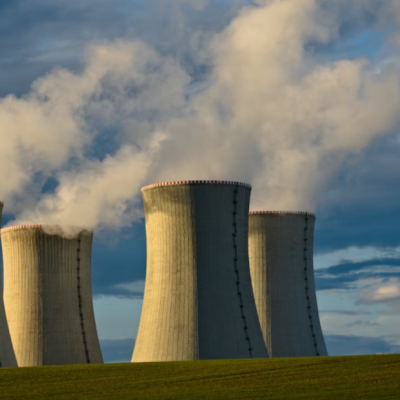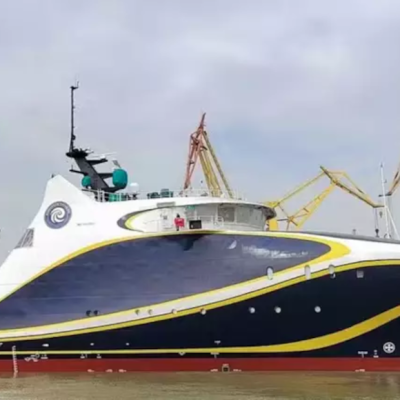In a groundbreaking achievement, scientists from the private Five Deeps Expedition Project claim to have set a new record for the deepest dive in the Mariana Trench. However, during their exploration, they discovered human waste at a depth of over 10,000 meters. The Five Deeps Expedition Project aims to reach the deepest point in each of the five oceans. In their fourth expedition, the 30-member team claims to have reached the Challenger Deep in the Pacific Ocean’s Mariana Trench. The team had previously completed successful dives in the Puerto Rico Trench, the South Sandwich Trench, and the Sunda or Java Trench.
During their recent dives in the Mariana Trench, the team claims to have reached depths of 10,928 meters and 10,927 meters, surpassing the previous record set by Swiss oceanographer Jacques Piccard in 1960 by a few meters. The team used the DSV Limiting Factor submarine, which can accommodate two scientists and withstand water pressure at depths of up to 11,000 meters. However, the dive’s depth has not yet been independently verified, and the 59-year-old record set by Piccard remains officially unbroken.
Apart from the record-breaking dive, the expedition also drew attention to the discovery of human waste at the deepest known point on the planet. The researchers reported finding garbage during two dives in the Mariana Trench, which they believe must have originated from humans due to their shape. Additionally, during his four-hour stay at the ocean floor, pilot Victor Vescovo claims to have discovered several previously unknown species. Detailed information and insights into the expeditions will be released as part of the Discovery Channel’s “Deep Planet” documentary at the end of 2019.
The Five Deeps Expedition Project’s achievement is a significant milestone in ocean exploration, but the discovery of human waste at the ocean’s deepest point highlights the urgent need for better waste management practices. The expedition’s findings underscore the importance of protecting our oceans and the need for more research to understand the impact of human activities on marine ecosystems.


